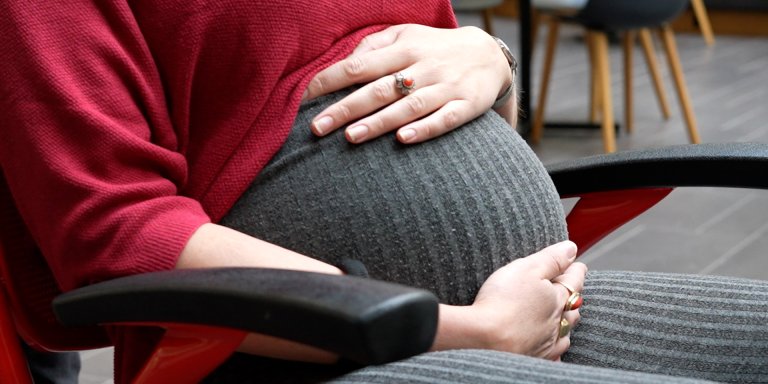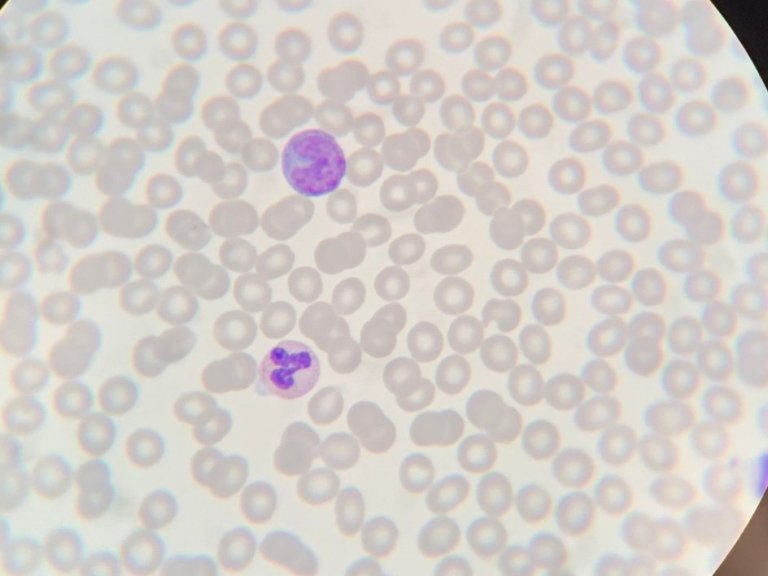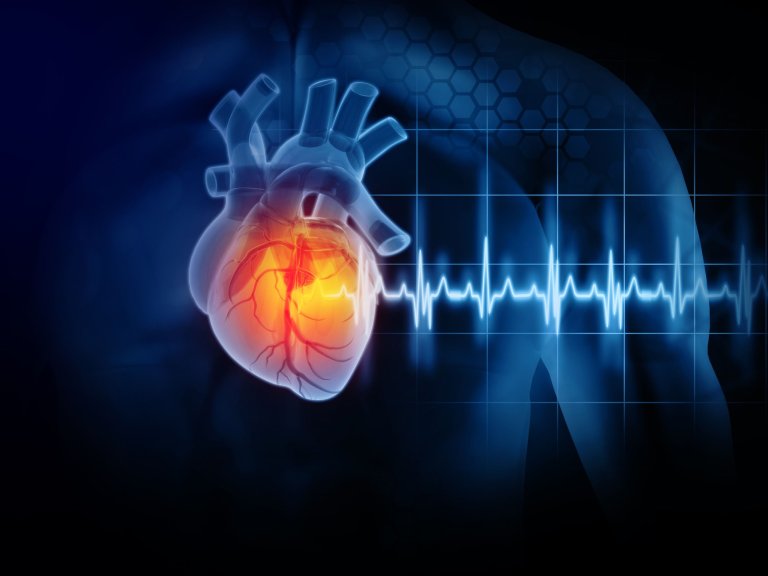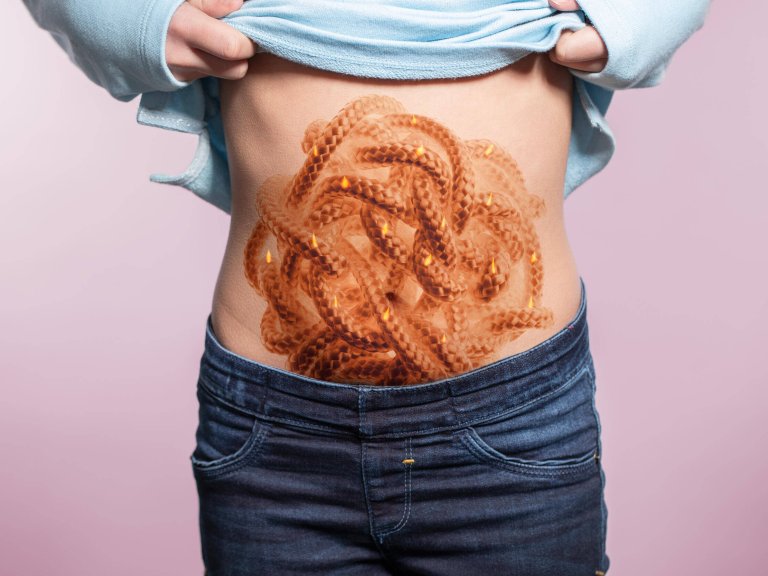Roseboom was one of the experts at the international meeting where the manifesto was presented to Dutch politicians. The speakers, including Roseboom herself, shared their vision of the future of current and future generations.
More than a moral obligation
Roseboom emphasises that 'taking future generations into account' is more than a moral obligation. Scientific research, including by researchers at Amsterdam UMC, has shown that our health is largely shaped by the environment in which we grow up. "This is especially true in the very beginning, when your development is going at lightning speed. Even before you are born, the environment affects your health. The egg from which you originated already existed when your mother was still in your grandmother's womb," Roseboom explains. Future generations are therefore not an abstract fact, they already exist in the germ cells of the people from which children are born.
Polluting factories
"Our decisions today therefore have a major impact on the environment in which future generations develop, and thus influence the opportunities and health of future generations. That is scientifically established," adds Roseboom.
For example, the air quality in our environment has an impact on our health. People who live near polluting factories have more health problems because of the unhealthy air. Not only the health of local residents, but also their future children is affected by the air. International research has shown that if polluting factories are closed and air quality improves, fewer children will be born prematurely and too small. In this way, health problems associated with it can be prevented in later life.
"And that's why today we're offering a manifesto for future generations. To ensure that every decision taken by the Dutch parliament considers the impact such a decision will have on future generations."
In the video below, Tessa Roseboom explains why decisions made today are important for the health of future generations.
The smartest investment
Taking future generations into account is the smartest investment we can make, says Roseboom. "Doctors now often treat diseases that originated decades earlier. Actually, we are sticking very expensive band-aids, for problems that we could have partially or completely prevented. By taking into account the consequences for children who have yet to be born, we not only prevent personal suffering, but we can also ease the growing pressure on the healthcare system."




